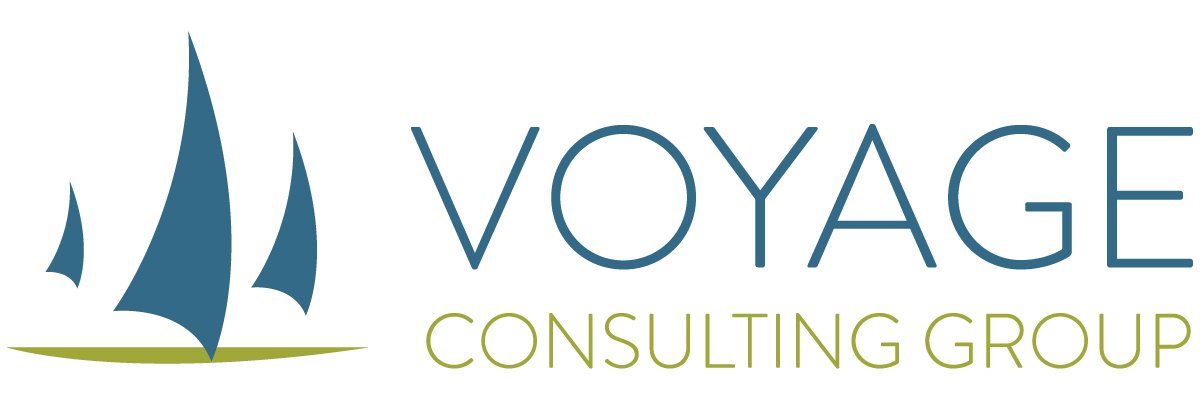
OBSERVATIONS
The Real Cost of Catering to Toxic Clients: A Culture Perspective
Toxic customers, while rare (hopefully!) have a ripple effect on the company, people involved, and people who see the toxic behavior tolerated. The company can be impacted financially by scope creep, depleted morale, disengagement, turnover, and damaged reputation. Employees can be impacted when customers berate them, disrespect boundaries, and demand services beyond what is agreed upon.

